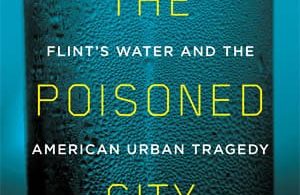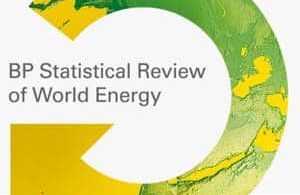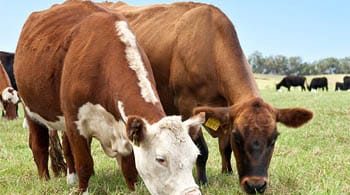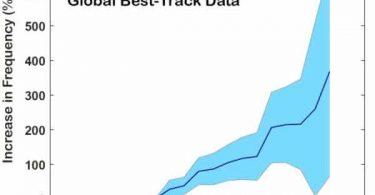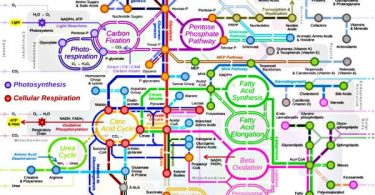Anna Clark's new book shows how working people in Michigan organized and fought back when neoliberal austerity policies poisoned their drinking water.
Energy and Climate Change: No progress in 20 years
BP statistics show we are far from meeting the emission reduction targets adopted in the Paris Agreement. In 2017, we took a step backwards.
Why avoiding meat and dairy won’t save the planet
Anti-meat campaigns ignore the essential role that grazing animals play in genuinely sustainable agriculture. Livestock production must be reformed, but eliminating it would do more harm than good.
Ecosocialist Bookshelf, June 2018, Part 2
Five new books: Ecological Crisis and Capital ... El Niño in World History ... Plate Tectonics ... Marxist Essays ... Origins of Agriculture and the State
Agroecology and the fight against deadly capitalist agriculture
Agroecology can free farmers from dependency, manipulated commodity markets, unfair subsidies and inherent food insecurity. It is resisted by giant corporations that profit from the status quo.
What the Monsanto Papers tell us about corporate science
Internal documents released in a lawsuit by cancer victims show how the chemical giant actively subverts science to promote its products and profits.
Vladimir Vernadsky and the Disruption of the Biosphere
Virtually unknown in the west, the great Russian geologist and geochemist pioneered scientific study of life’s impact on the Earth.
Ecosocialist Bookshelf, June 2018
New Books! Red-Green Revolution. Rural Class Struggle. Climate Anthropology. Will Big Business Destroy the Planet? A Climate Justice Comic. Plundering Africa. Global Inequality.
Remembering Joel Kovel, a towering pioneer of ecosocialism
Michael Löwy reflects on the life and contributions of our friend and comrade Joel Kovel, who died on April 30.
Are tropical cyclones getting wetter and stronger?
Climate scientists: A global increase in the most intense tropical storms due to global warming is not just predicted by models but is already happening.
Ecosocialism and the recovery of Marx’s ecological legacy
An ecology that truly seeks to confront today's challenges requires Marx's remarkable analysis of the destructive logic inherent in the unlimited accumulation of capital.
The Magical Thinking of Ecomodernism
Ecomodernists claim material growth can continue indefinitely without environmental damage. Degrowth advocate Jason Hickel says their arguments ignore both evidence and logic.
Making the case against geoengineering
The Big Bad Fix powerfully exposes the dangers of deliberate climate modification, and presents alternatives. A deeper focus on fighting the fossil industry would strengthen the argument.
Climate change and Canada’s next left
At a time when the activist left is weak and divided, it’s vital to focus on common goals and principles, rather than obsessing over difference and division
Sea level rise endangers sewage treatment in U.S.
Global warming gets toxic: The number of people who will lose sewage treatment could be five times more than those directly affected by flooding
Earth’s Circular Economy: Recycling as a Law of Life
On every scale, from the smallest cells to the entire planet, the essential elements of life are constantly used and re-used. Biogeochemical cycles are the basis of the biosphere.
Ecosocialist Bookshelf, May 2018
Environmentalism of the Rich, A Scientist’s Fight for a Nuclear Test Ban, Limits to Capitalist Nature, Cocoa, Extracting Profit from Africa, Indigenous Struggles in Peru
Marx, nature, and political morality
Marx saw the rift between people and nature not only as a primary failing of capitalism, but also as a mechanism through which capitalism may be superseded.
Marx and Metabolism: Lost in translation?
Why wasn't Marx's concept of metabolic rift recognized until recently? Changed circumstances, unpublished works, and bad translations all played a role.
Ecological Marxism vs. environmental neo-Malthusianism: An old debate continues
Despite being consistently discredited, overpopulation ideology resurfaces with the same predictable regularity as capitalist crises. Only Marxism offers a clear alternative.


